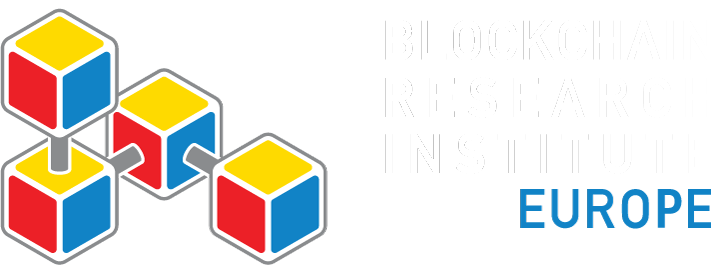Blockchain for Planetary Stewardship, Part 1/2
Report Overview
Author: Tom Baumann
Release Date: January 30, 2018
Abstract:
In the context of the United Nations Framework Convention on Climate Change and the agenda for sustainable development, this project provides a taxonomy for analyzing what the blockchain community is doing to counter the adverse effects of human activity on the planet. It explores such approaches as developing less computationally demanding consensus algorithms, aligning stakeholder incentives, and combining distributed ledgers with other innovations such as artificial intelligence, sharing economy, Internet of Things, and big data analytics.
